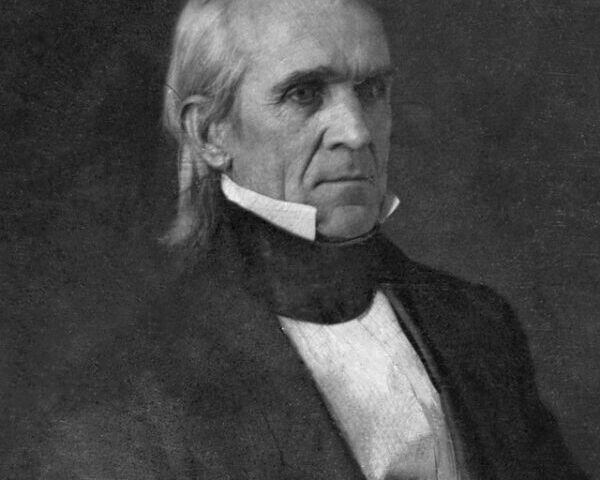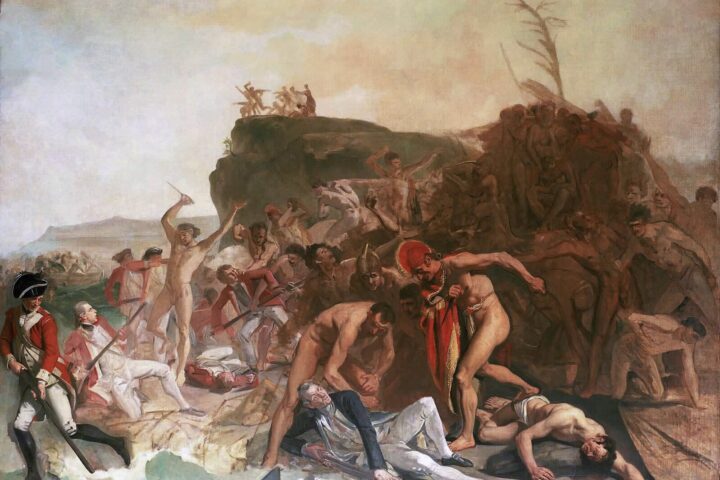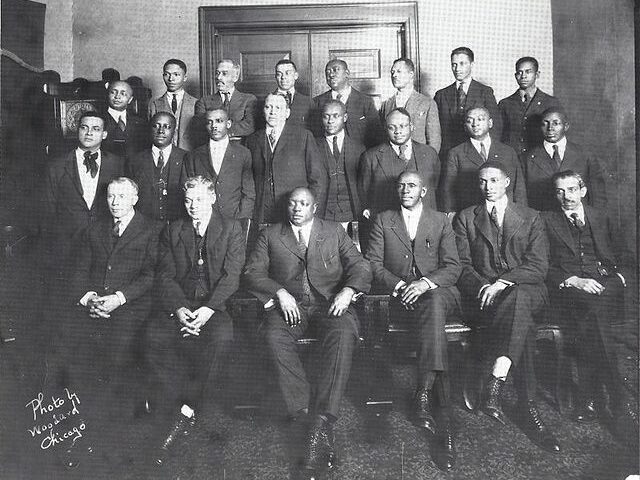On August 23, 1784, a new nation was created just west of North Carolina. Merely a few years after the United States gained its independence, the short-lived Republic of Franklin was born, but it was also short-lived.
“The previous April, the state of North Carolina had ceded its western land claims between the Appalachian Mountains and the Mississippi River to the United States Congress. The settlers in this area, known as the Cumberland River Valley, had formed their own independent government from 1772 to 1777 and were concerned that Congress would sell the territory to Spain or France as a means of paying off some of the government’s war debt. As a result, North Carolina retracted its cession and began to organize an administration for the territory,” writes The History Channel.
“Simultaneously, representatives from Washington, Sullivan, Spencer (modern-day Hawkins) and Greene counties declared their independence from North Carolina. The following May, the counties petitioned for statehood as “Frankland” to the United States Congress. A simple majority of states favored acceptance of the petition, but it fell short of the two-thirds majority needed to pass, even after the counties’ changed their proposed name to ‘Franklin’ in an attempt to curry Benjamin Franklin’s and others’ favor.”
After losing out on statehood, the four counties announced themselves as a separate nation from the United States.
The roots of the drive to create Franklin could be traced back to the dissatisfaction of the settlers in the western regions of North Carolina. They felt neglected and underrepresented by the distant state government in Raleigh, which seemed to focus more on the eastern coastal areas. The settlers’ yearning for local governance and more direct representation eventually led to the convening of a convention in 1784, during which they declared their independence from North Carolina and formed the State of Franklin.
Despite its bold declaration, Franklin faced numerous challenges from the get go. It struggled to gain recognition from the U.S. government, and North Carolina continued to claim jurisdiction over the area. Internal conflicts and financial difficulties further weakened the state’s stability. Additionally, Native American tribes in the region were hostile to the new state’s existence, which added to its troubles.
In 1788, after years of struggling to establish itself as an independent entity, the State of Franklin’s government collapsed. Facing economic problems, political infighting, and the inability to defend against Native American attacks, the state’s leaders decided to dissolve the government and return to the jurisdiction of North Carolina. The territorial disputes and struggles for autonomy did not end with the State of Franklin’s demise, however. The events of this period highlighted the challenges of westward expansion and the complexities of frontier governance in the young United States.
In many ways, Franklin’s short existence symbolizes the more significant themes of early American history, including the tensions between local and centralized government, the aspirations of settlers for self-governance, and the difficulties of integrating newly acquired territories into the broader framework of the nation.
“Although the State of Franklin rebellion was ultimately unsuccessful, it did contribute to the inclusion of a clause in the U.S. Constitution regarding the formation of new states,” writes PBS. That clause stipulates that while new states “may be admitted by the Congress into this Union,” new states can’t be formed “within the jurisdiction of any other State” or states unless the state legislatures and Congress both okay the move.
While Franklin’s patriots might be forgotten, they left a mark on the United States, and it all started on this date in 1784.






